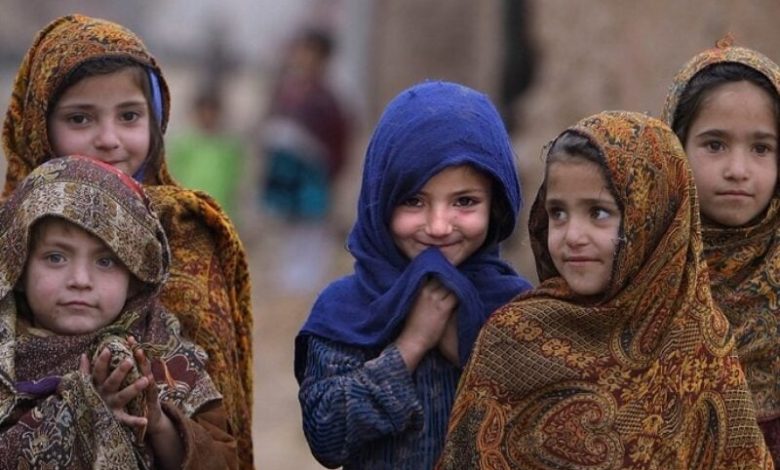Fearing a humanitarian catastrophe… International negotiations with the Taliban for the return of relief organizations

The United Nations is sending its top humanitarian official to Afghanistan to try and defuse a standoff between the Taliban and international donors over a ban on women working for non-governmental organizations, which has endangered the welfare of millions of Afghans, NGOs have warned that the harsh order, issued on Christmas Eve, will jeopardize their ability to deliver life-saving aid to the bulk of the Afghan population that depends on it. Martin Griffiths, the UN Under-Secretary-General for Humanitarian Affairs and Emergency Relief Coordinator will travel to Kabul, the capital, this month to meet with the “highest possible authorities” in the de facto government, the international organization said.
-
Intensive international meetings to avert Safer catastrophe in Yemen amid major Houthi intransigence
Fateful decisions
The Financial Times, a UK newspaper, stressed that the Taliban’s crackdown has put life and death decisions in the hands of donors, who have been forced to balance fundamental principles with the humanitarian privilege of helping some of the world’s most desperate people. International and local aid organizations said that workers are not subject to negotiation over their operations in a country where Islamist leaders have imposed strict gender segregation and dress codes, with most of them temporarily suspending or scaling back their activities in response.
“We have cooperated with others and temporarily suspended our operations to take a stand on this issue because women are a key component of our assistance delivery, half of the population are women, and some of the most vulnerable people in Afghanistan are women and girls,” said Razmi Farooq, regional director and head of humanitarian response for ActionAid International. The Taliban justified the move by saying that some NGO workers did not abide by the headscarf requirement, while the UN itself was not, the world body relies on a large network of local and international NGOs in the country to disburse aid.
Ramez Akbrov, the UN resident and humanitarian coordinator in Afghanistan, said last week that nearly 70 per cent of its programs were carried out in partnership with NGOs, all of which were “partially or totally affected” by the embargo, while Samira Syed Rahman of the International Rescue Committee (IRC) said that more than 40 per cent of its 8,000 staff across Afghanistan were women: “We made the difficult decision to suspend our activities while being as fully engaged as possible in the lifting of the embargo.”
Serious Consequences
According to the British newspaper, the UN and donor countries condemned the decree, which came four days after the Taliban ordered the suspension of female students from universities. The World Health Organization (WHO) said the ban on NGOs would have “immediate consequences threatening the lives of all Afghans”. However, in private discussions, the regime divided opinions among aid workers on how – and if – to continue operating in a country suffering from one of the worst humanitarian crises in the world, where the Taliban takeover of power, the withdrawal of international forces and diplomatic support in 2021 led to the destruction of the Afghan economy, and officials warned millions of the risk of famine.
According to the UN, 28.3 million people, or about two-thirds of the population of about 41.7 million, will need humanitarian aid this year. Last month, the world body said it would need $4.6 billion from donors for Afghanistan this year, the largest estimate of its kind for a single country. “We are trying to ensure that women’s rights are not left behind while ensuring continued humanitarian assistance,” one official said. “We have to do both,” where NGOs themselves are also an important source of livelihood for Afghan families, and women hold senior positions in many of them.












